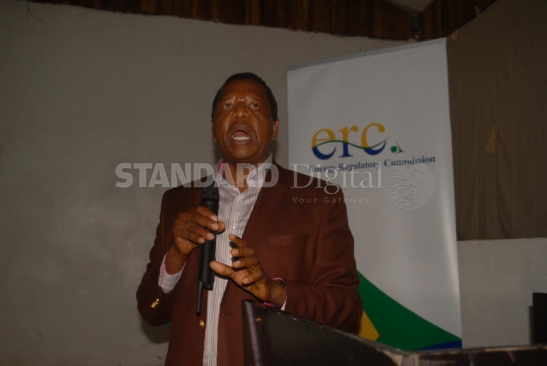
The Energy Regulatory Commission (ERC) will publish new policy guidelines to regulate use of energy. According to the regulator, under the proposed guidelines, consumers who use electricity to boil at least 1,000 litres of water or more would be required to install solar panels, among a raft of other measures.
ERC Director General Joe Ng'ang'a said the new initiative will help curb unnecessary power usage. Ng'ang'a said the policy will also help institutions and firms save on power and reduce their power bills. "We are working on the policy, which entails cutting usage of electricity through introduction of renewable sources of alternative energy to serve the needs of consumers," said Ng'ang'a.